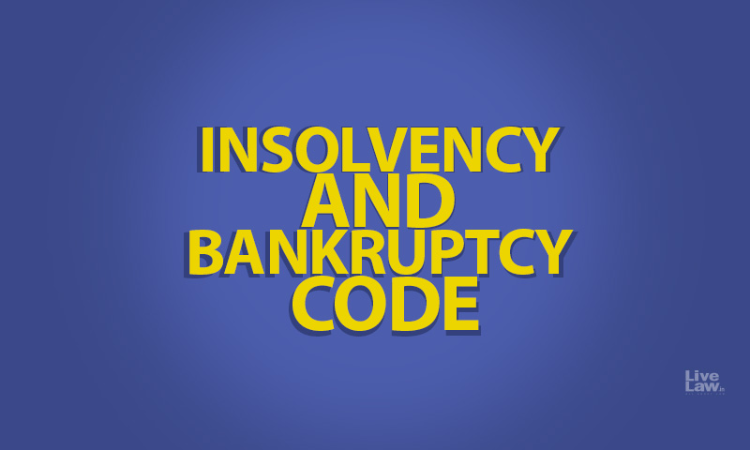Avoidance Application Cannot Be Adjudicated By NCLT After Approval Of Resolution Plan: Delhi High Court
LIVELAW NEWS NETWORK
30 Nov 2020 7:21 PM IST

Next Story
30 Nov 2020 7:21 PM IST
The Delhi High Court has held that an application for avoidance of a preferential transaction, though filed prior to the Resolution Plan being approved, cannot be heard and adjudicated by the NCLT, at the instance of the Resolution Professional, after the approval of the Resolution Plan.The continuation of a RP or filing of an application for the purpose of prosecuting an avoidance application...
